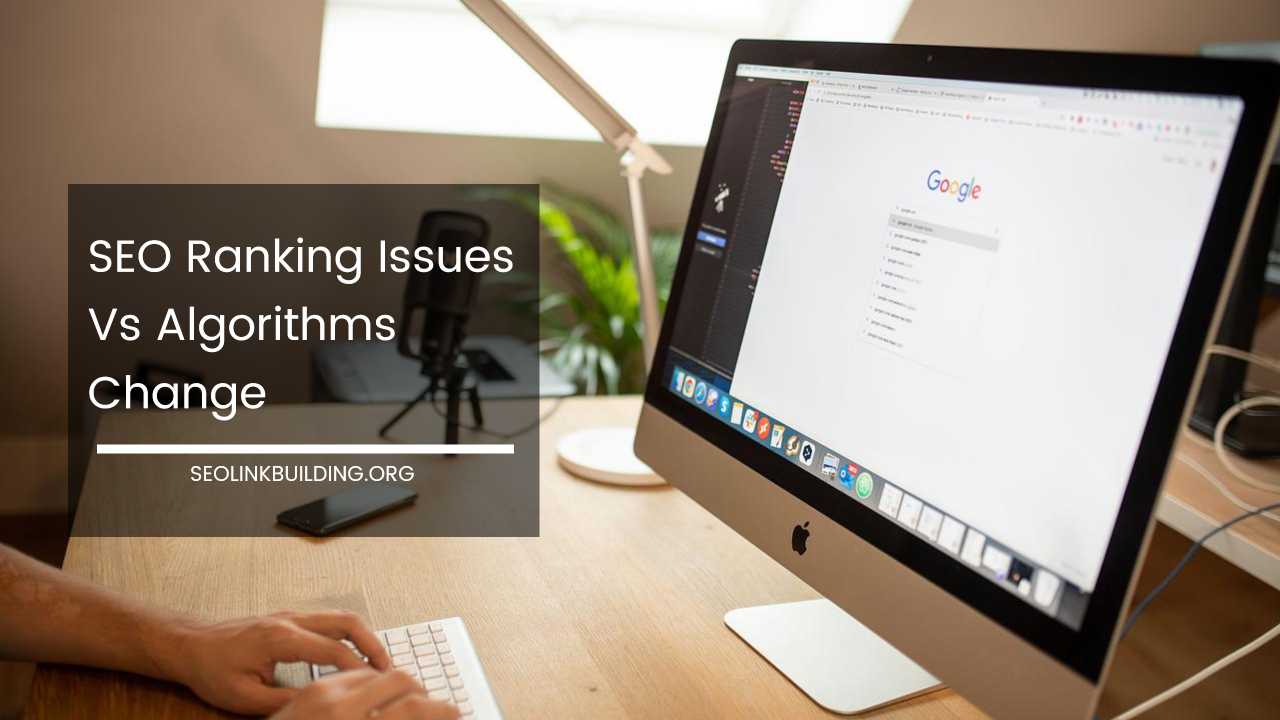Free Web Hosting – What’s The Catch?

Free Web Hosting – What’s The Catch?
The captivating allure of free web hosting is undeniable. In today’s digital landscape, where everything seems to have a price tag, the promise of getting your website up and running without spending a dime is incredibly tempting.
But as the adage goes, “there’s no such thing as a free lunch.” This rings true when it comes to free web hosting.
This comprehensive article delves deep into the world of free web hosting, exploring its advantages and disadvantages to empower you to make an informed decision for your website.
We’ll uncover the hidden costs, limitations, and potential risks associated with free hosting providers, so you can navigate the digital world with confidence.
What is Free Web Hosting?
Free web hosting services act as the digital landlords, providing storage space and resources for your website to reside on the internet. These providers essentially rent out space on their servers, allowing you to upload your website files and make them visible to visitors.
Free hosting sounds like a perfect solution for individuals or businesses on a tight budget. However, it’s crucial to understand that free hosting comes with a set of constraints and compromises.
Advantages of Free Web Hosting
- Cost-Effective: Free web hosting’s most significant advantage is the absence of upfront costs. You can create a website and experiment with web development without any financial investment. This makes it a suitable option for hobbyists, students, or those just starting with a simple website.
- Easy to Set Up: Free hosting providers often prioritize user-friendliness. They frequently offer drag-and-drop website builders that require minimal technical expertise. This makes it easy for beginners with no coding experience to get their website up and running quickly.
- Learning Platform: Free hosting provides a platform to experiment with website creation and content management systems (CMS) like WordPress. You can learn the fundamentals of web development and website management before committing to a paid plan.
Disadvantages of Free Web Hosting
Beyond the initial appeal, several disadvantages lurk beneath the surface of free web hosting:
- Limited Features and Resources: Free plans typically come with restricted storage space, bandwidth, and functionality. This can significantly limit the complexity and growth potential of your website. Uploading large files, experiencing high traffic volume, or using advanced features like e-commerce functionality might not be possible.
- Unprofessional Branding: Many free hosting providers resort to placing advertisements on your website or force you to use a subdomain with their branding. This can detract from your brand image and create an unprofessional look that discourages visitors.
- Downtime and Unreliable Performance: Free hosting providers often experience higher server loads due to the large number of users sharing a single server. This can lead to frequent downtime and slower website loading times, impacting user experience and search engine rankings (SEO). Both downtime and slow loading times can cause visitors to abandon your website and damage your credibility.
- Limited Control and Security: Free plans typically offer minimal control over your website’s back-end and security settings. You might have limited access to tools for website backups, security updates, and customization options. This can leave your website vulnerable to hacking attempts and data breaches.
- Uncertain Future: Free hosting providers can change their plans, terms of service, or even discontinue services unexpectedly. This can leave you scrambling to migrate your website to a new provider, potentially leading to data loss and downtime.
Hidden Costs of Free Web Hosting
While there’s no upfront cost for free hosting, there are hidden expenses to consider:
- Limited Scalability: As your website grows in terms of content, traffic, and functionality, you’ll likely outgrow the limitations of a free plan. Upgrading to a paid plan with more resources often involves additional costs.
- Domain Name: Free hosting providers might offer a subdomain (e.g., yoursite.freehosting.com) instead of a custom domain name (e.g., yoursite.com). To establish a professional brand identity and enhance memorability, you’ll need to purchase a separate domain name.
- Premium Features: Features like email accounts, e-commerce functionality, and SSL certificates are often unavailable with free plans or require additional fees. These features are crucial for building trust and credibility with your visitors.
- Technical Support: Free hosting providers might offer limited or no technical support. If you encounter any technical issues, you might have to troubleshoot them yourself or rely on community forums for help. This can be time-consuming and frustrating, especially for beginners.
Is Free Web Hosting Right for You?
Free web hosting can be a suitable option for a limited set of scenarios:
- Simple Personal Websites: If you’re creating a basic website for personal use, with minimal content and traffic, free hosting might suffice. However, even for personal websites, consider the limitations. If you plan on adding more content, features, or attracting a larger audience in the future, a paid plan might be a better long-term solution.
- Learning and Experimentation: For beginners who want to learn the ropes of web development or experiment with building a website, free hosting provides a low-risk environment to practice. You can learn valuable skills like website creation, content management, and basic SEO principles without any financial investment. However, keep in mind that the skills you learn on a free platform might not translate directly to paid hosting due to differences in features and functionalities.
- Temporary Projects: If you need a website for a short-term project or event, free hosting can be a temporary solution. However, ensure the free hosting provider allows enough storage and bandwidth for the expected traffic during your project’s timeframe.
Alternatives to Free Web Hosting
If you’re serious about building a professional and reliable website, consider these alternatives:
-
Shared Hosting: Shared hosting plans offer a balance between affordability and features. Your website resides on a server shared with other users, but you have more control over your website’s settings and security compared to free hosting. Shared hosting plans typically provide more storage space, bandwidth, and features like email accounts and databases. This makes them suitable for growing websites with moderate traffic.
-
Cloud Hosting: Cloud hosting offers a scalable and reliable solution. Unlike shared hosting, your website doesn’t reside on a single server. Instead, it’s distributed across a network of servers, offering increased uptime, performance, and security. Cloud hosting plans are ideal for websites with fluctuating traffic or those expecting significant growth. They also offer features like automatic backups and disaster recovery, ensuring your website remains accessible even in case of server failures.
-
Virtual Private Server (VPS) Hosting: VPS hosting offers a dedicated virtual server environment within a shared physical server. It provides more resources, control, and security compared to shared hosting, while remaining more affordable than dedicated hosting. VPS hosting is suitable for websites with high traffic volumes or those requiring specific software installations.
Choosing the Right Web Hosting Provider
Once you’ve decided to move beyond free hosting, consider these factors when choosing a web hosting provider:
- Needs Assessment: Identify your website’s current and future needs. Consider factors like storage space, bandwidth, traffic volume, desired features (e.g., email, databases, e-commerce), and scalability requirements.
- Pricing and Features: Compare pricing plans from different providers, ensuring they align with your budget and offer the features you need. Look for providers with transparent pricing structures and avoid hidden fees.
- Uptime and Performance: Prioritize providers with a proven track record of high uptime and reliable performance. Look for uptime guarantees and performance metrics to ensure your website remains accessible to visitors.
- Security: Choose a provider that prioritizes website security. Look for features like firewalls, malware scanning, and automatic backups to protect your website and visitor data.
- Customer Support: Reliable customer support is crucial. Ensure the provider offers 24/7 technical support through various channels (phone, email, live chat) to address any issues promptly.
- Scalability: Consider your website’s growth potential. Choose a provider that allows you to easily upgrade your plan as your website’s needs evolve.
Final Word
Free web hosting can be a tempting option, especially for beginners or those on a tight budget. However, the limitations and potential drawbacks can hinder your website’s growth and credibility.
By understanding the hidden costs and trade-offs involved, you can make an informed decision about the best web hosting solution for your needs.
Remember, a reliable and secure web hosting foundation is crucial for building a successful online presence. Invest in a hosting plan that empowers your website to thrive and achieve its full potential.













